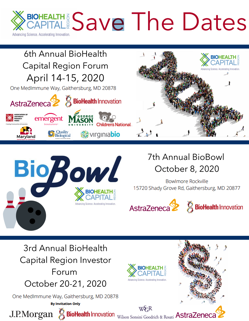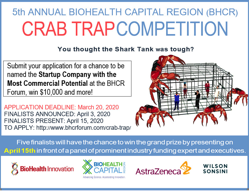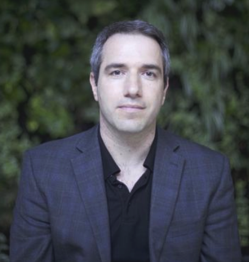
 Register Now for the 6th Annual BioHealth Capital Region (BHCR) Forum held on April 14-15 at AstraZeneca in Gaithersburg, MD. Join your peers biotech and life science executives and expert speakers from industry, academia, healthcare, government, finance and real estate development, among others, converged to discuss the BHCR’s path forward to becoming a top three U.S. biotech cluster by 2023.
Register Now for the 6th Annual BioHealth Capital Region (BHCR) Forum held on April 14-15 at AstraZeneca in Gaithersburg, MD. Join your peers biotech and life science executives and expert speakers from industry, academia, healthcare, government, finance and real estate development, among others, converged to discuss the BHCR’s path forward to becoming a top three U.S. biotech cluster by 2023.






